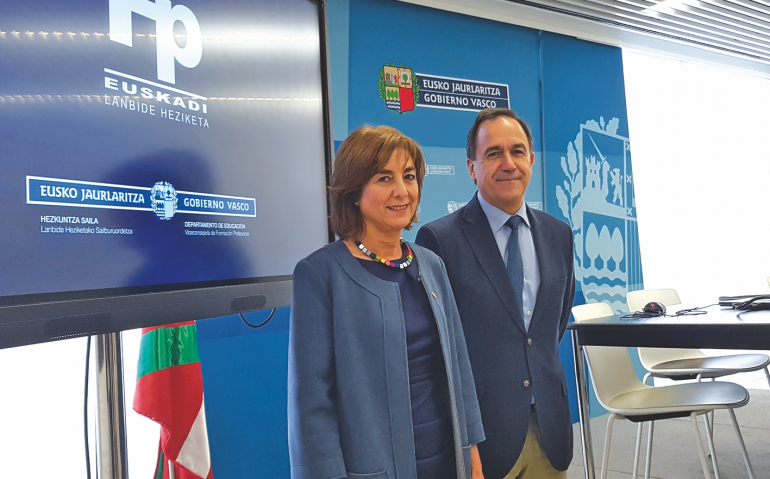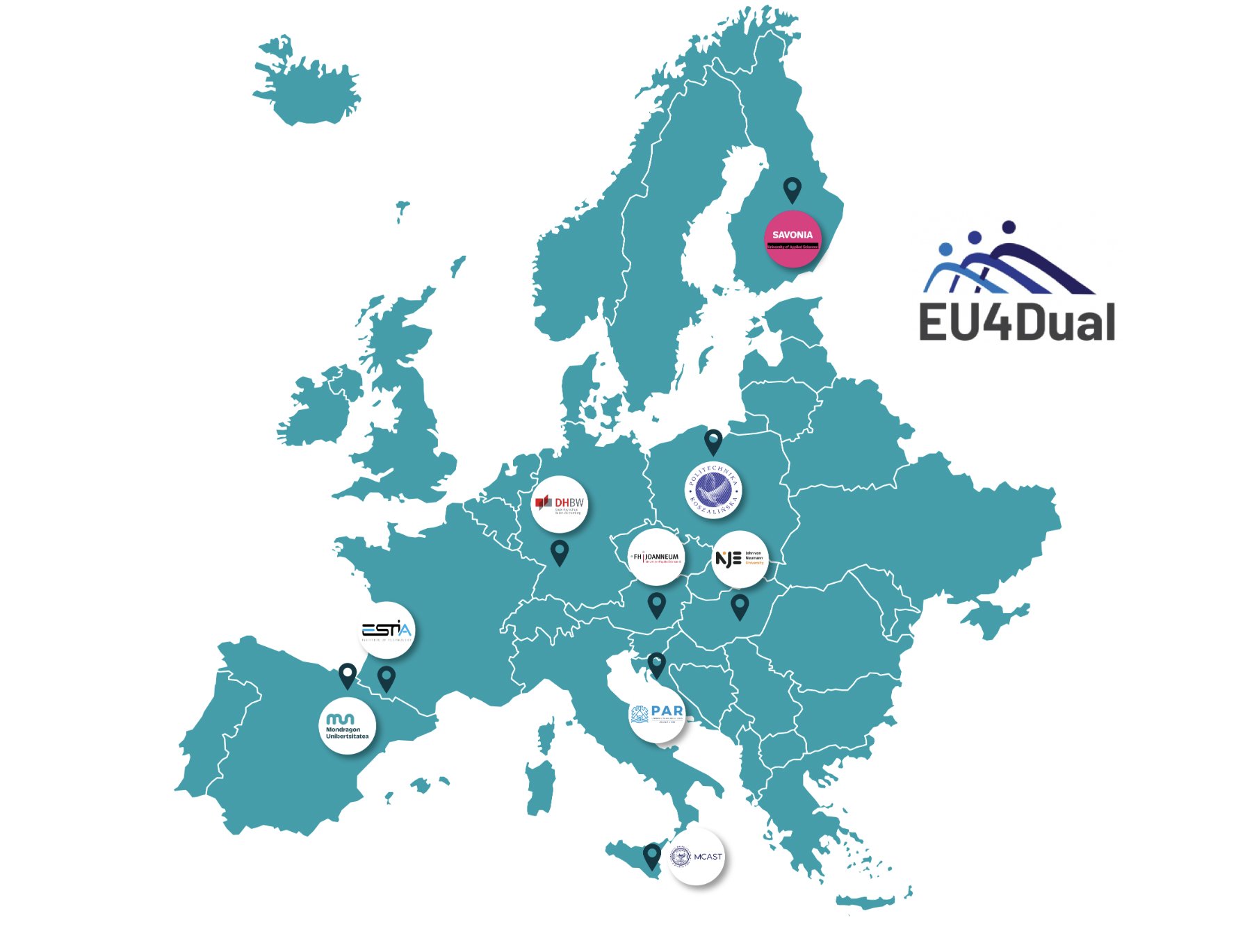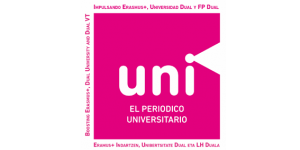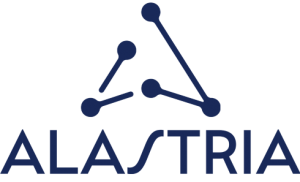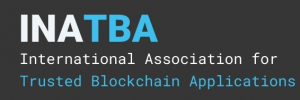The Minister of Education Cristina Uriarte, accompanied by Deputy Minister of Vocational Training Jorge Arévalo, released on November 15, 2018 data related to the evolution of the FP. Specifically, the counselor and the vice-councilor informed about the evolution of the enrollment, the presence of the girls in the Vocational Training, Dual Vocational Training, as well as the satisfaction index of the companies, centers and students that participate in the training Dual.
First, the counselor wanted to highlight the increase that has occurred in Vocational Training, although the economic situation could have foreseen otherwise. The FP, as a whole, has experienced a growth of 3.5%, standing at 42,353 students. Of the total, 55% opted for cycles linked to services and 45% to industrial cycles.
Greater female presence in industrial cycles
It is important to note the increase of 14.6% that has occurred in the number of girls who have opted for industrial degrees (from 1,549 to 1,776). With this increase, women represent 10% of the total student body of the industrial cycles. This percentage rises to 53.51% of the total of students if we analyze the whole of Vocational Training.
Regarding linguistic models, enrollment indicates that it is feasible to achieve the goal of achieving that by 2020 half of the students can complete their studies in Basque. The evolution of enrollments indicates an increase of 22.4% in the B model, and 6.3% in the D model. The A model, which remains the majority, drops by 1.7%.
Dual training and job placement
The counselor and vice-councilor also showed the evolution that is taking place in Dual FP. A total of 2,295 students (last year 1,913) study in the Dual model, through the 1,434 companies that collaborate in this training (the last year 1,122). This training is offered in a total of 97 VET centers, the same number as the previous year. Out of the total of Dual students, almost 8 out of 10 correspond to cycles of Higher Vocational Training, and 19.5% to Middle Grade.
A good training directly results in a better preparation of the students, and their subsequent insertion in the labor market. In this sense, it is worth highlighting the high degree of employability that has been achieved among the students who have been trained in Dual FP. Taking as a reference the data of the course 17-18, 96.2% was hired the day after completing the studies.
High degree of satisfaction
As in previous years, companies, VET centers and students who have participated in Dual training have expressed their opinion through a survey that assesses their satisfaction index.
Among the students, and with an average score of 8.1, the possibility of acquiring knowledge through direct work in the company has been particularly valued (8.6). The tutorship carried out by the VET center in relation to their work in the company has also been highly valued (8.4).
The VET centers, meanwhile, and with an average score of 8.4, have especially valued the information received to assess the professional skills of students (8.5), or the relationship and communication maintained with the tutor / tutor of the company (8,8)
With respect to companies, they have placed their level of satisfaction at 8.6. They appreciated the overall assessment of the Dual training model carried out (8,8), a note that is repeated when they are asked about the possibility of hiring the next course a new student of the Dual FP program.
Advantages of Dual FP
Dual Vocational Training combines the learning processes in the company and in the center through the co-participation of training centers and companies.
The training carried out by the students in the company must be closely related to the professional profile of the training cycle and to the programmed specializations, so that, in addition to obtaining the productive result, these achievements in the company allow learning and, ultimately , the acquisition of skills for work, those of specialization and other transversal skills useful for the improvement of employability.
The Dual FP enables the obtaining of a Vocational Training qualification through a learning process, which is developed in a shared way between the training center and the company.
It also aims to facilitate the incorporation of youth into the labor market, promoting quality jobs. It prioritizes the qualification and training on the product and the productive process.
There are many companies in Euskadi that are currently participating in this training and learning model and are benefited in many aspects:
- Prepares qualified people adapted to the needs of the Basque productive fabric and trained in their processes and business culture, increasing the competitiveness of companies.
- It is a system that helps the company to get to know people through the program by acquiring the best training.
- This experience facilitates the generational change in the company.
The contract modality contemplates economic incentives of:
- LANBIDE grant.
- Up to 100% reduction of business fees to social security.
Every year the students who decide to participate in this new training model grow and benefit in many aspects:
- Learn in real work situations acquiring minimum professional experience of one year.
- Receive a proportional remuneration to the work time according to the contract or agreement and start working life by contributing to Social Security.
- Improves employability.


